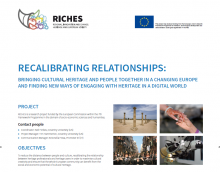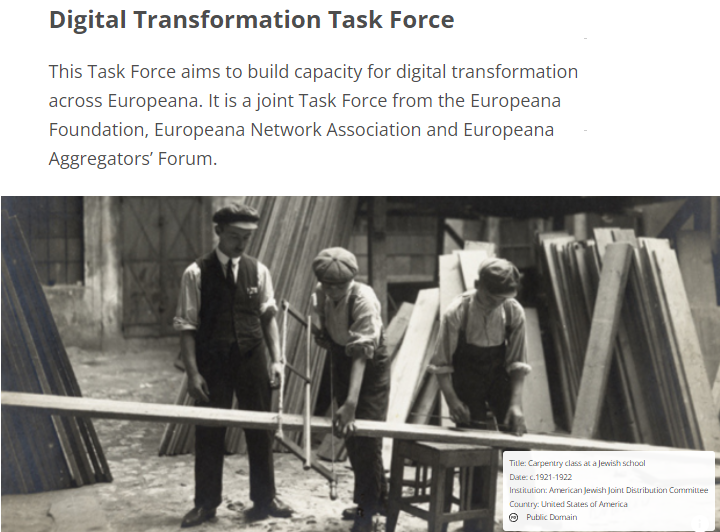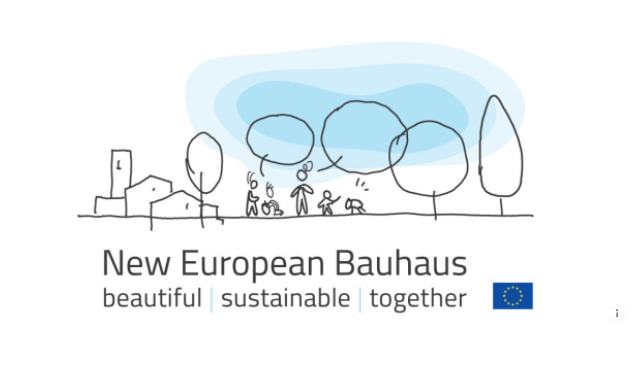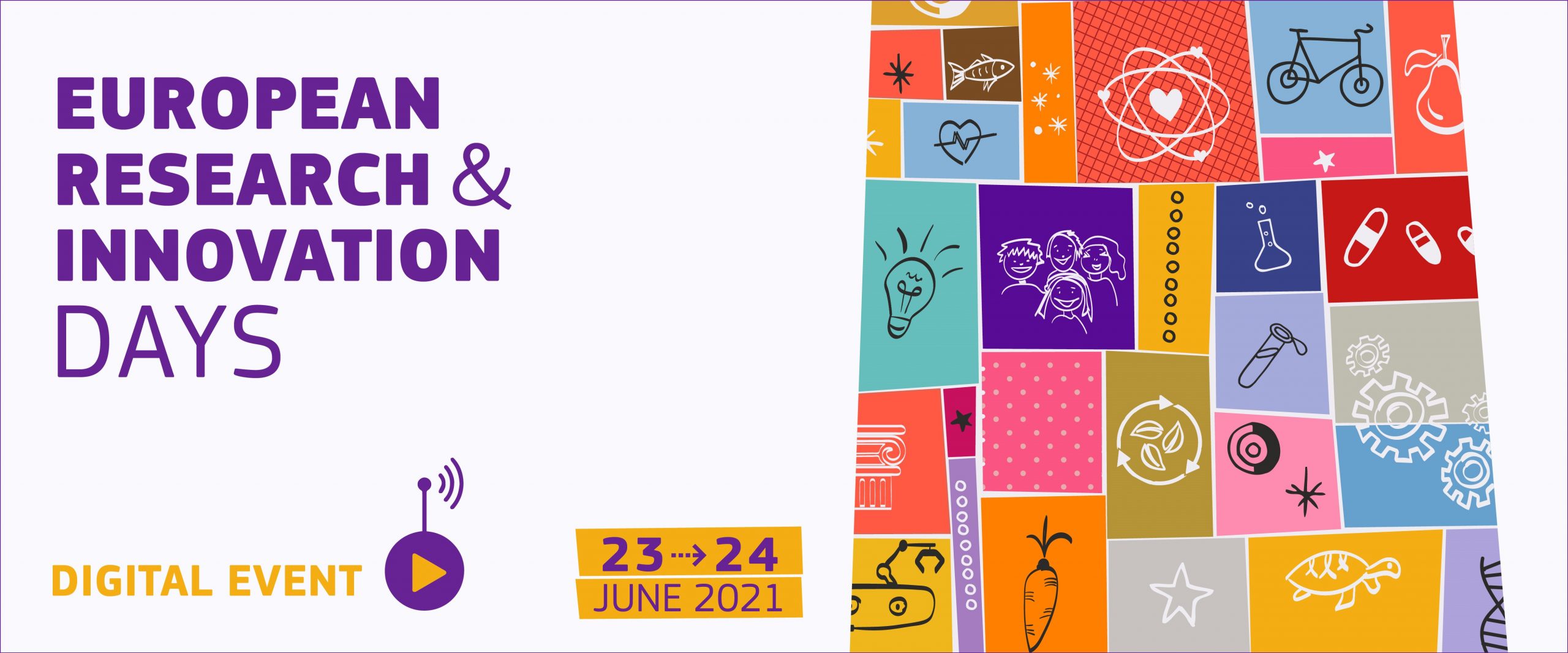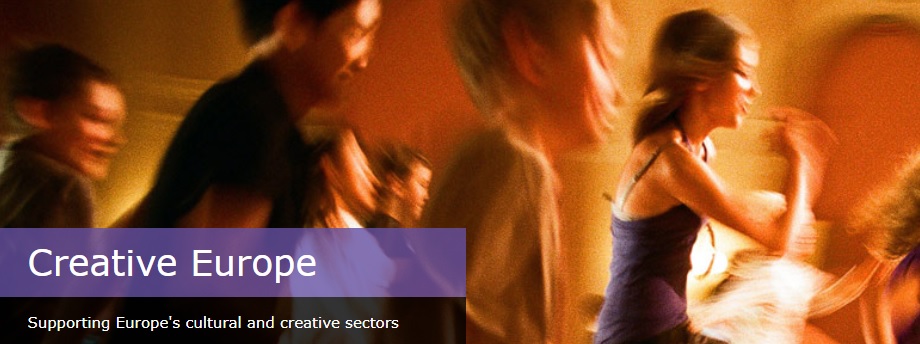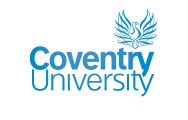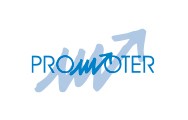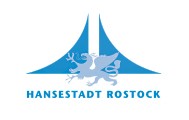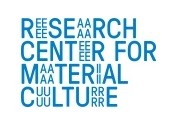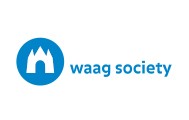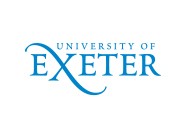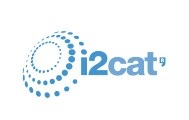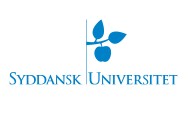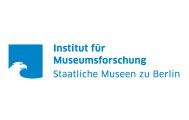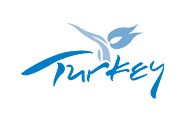-
- MEDIA PARTNER

-
- RELEVANT NEWS from Digitalmeetsculture
-
- RICHES POPULAR TAGS in Digitalmeetsculture
- Antonella Fresa co-creation co-creation interview series Coventry University cultural heritage Digital Cultural Heritage digital technologies EC European Commission i2CAT identity Intangible Cultural Heritage IPR museums Neil Forbes performing arts policy briefs Project Taxonomy recalibrating relationships RICHES social and economic development social cohesion SSH user engagement Waag Society
Topic: riches
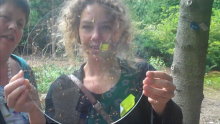
How cultural institutions can renew themselves? How can heritage professionals create the conditions for the visitors to leave the role of observers and instead be active contributors to the development of heritage? How can the consumers become producers of cultural heritage? How can cultural heritage be co-created? RICHES is trying to answer these questions through a series of co-creation sessions. The outcomes of these initiatives will be presented during 5 December’s afternoon programme of the First RICHES International Conference, being held in Pisa, at the Museum of Graphics of Palazzo Lanfranchi (4-5 December 2014). Continue reading
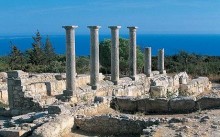
On 3 November 2014 in Limassol, Cyprus, RICHES particpated in the 5th International Euro-Mediterranean Conference (EuroMed 2014), held on 3-8 November. RICHES Coordinator Neil Forbes of Coventry University (UK) presented the project, its objectives and its first outcomes within a workshop, entitled “The Digitisation Age: Mass Culture is Quality Culture. Challenges for Cultural Heritage and Society”. The workshop was organised by RICHES Communication Manager Promoter Srl. Continue reading

This symposium, organised by CODIGT and held in Karlsruhe on 14 November 2014 at the ZAK Centre, was devoted to the goal of raising societal awareness about the benefits of archives and archiving in the digital domain. Politicians, the public and society at large should be made aware that archiving will remain a general task in which each person can play a role. Against the backdrop of primarily economic debates, the already conspicuous consequences of the lack of digital archiving of the cultural heritage are often ignored. Continue reading
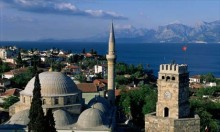
The 5th International Symposium on Information Management in a Changing World took place in Antalya, Turkey, from 24 to 26 November 2014. To commemorate the 2014 Turkish-German Science Year, IMCW2014 was organised in cooperation with Hacettepe University and the Goethe-Institutes in Turkey. Research Data Management and Knowledge Discovery was the main theme of the Symposium. Continue reading
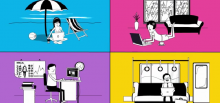
The open source semantic annotation tool Pundit is RICHES Associate Net7’s main product for the Digital Humanities. The main idea behind semantic annotation is to enable users not only to comment, bookmark or tag web pages, but also to semantically create structured data while annotating. The ability to express semantically typed relations among resources, relying on ontologies and specific vocabularies, not only enables users to express unambiguous and precise semantics, but also, more interestingly, fosters the reuse of such knowledge within other web applications. Continue reading

On 2 October 2014, the European Commission published two reports, coinciding with the international conference held in Rome, at the National Central Library, on occasion of the Italian Presidency of the EU. The conference aimed at urging cultural institutions in Europe to put more cultural heritage online, with the government support. The Commission will continue to monitor progress in this area through periodic reports and by chairing expert groups on digitisation and digital preservation and monitoring the correct transposition of the Orphan Works Directive. Continue reading

The International Image Interoperability Framework community is hosting a one day information sharing event at the British Library on Monday 20th October 2014 about the use of images in and across Cultural Heritage institutions. The day will focus on how museums, … Continue reading
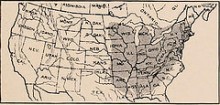
The digitization activity of libraries focuses on text, rather than on images, and makes the book pages available as PDF or text searchable works, while the illustrations are difficult to be search and found. This project recovers those parts of the page which include images: the images are cropped, cleaned up, and uploaded to Flickr along with the text that appears next to them, detailed description and searchable tags. Continue reading

There are other advantages in having only ebooks. The archive consists of about 135,000 ebooks, and funds are available for acquiring, on demand, new e-texts that are not present yet in the library; in a physical library with shelves and pyles of volumes, to have such a richness and amount of books would not be possible – and next to that, search and retrieval of information would be certainly more difficult than within the digital library. Continue reading



